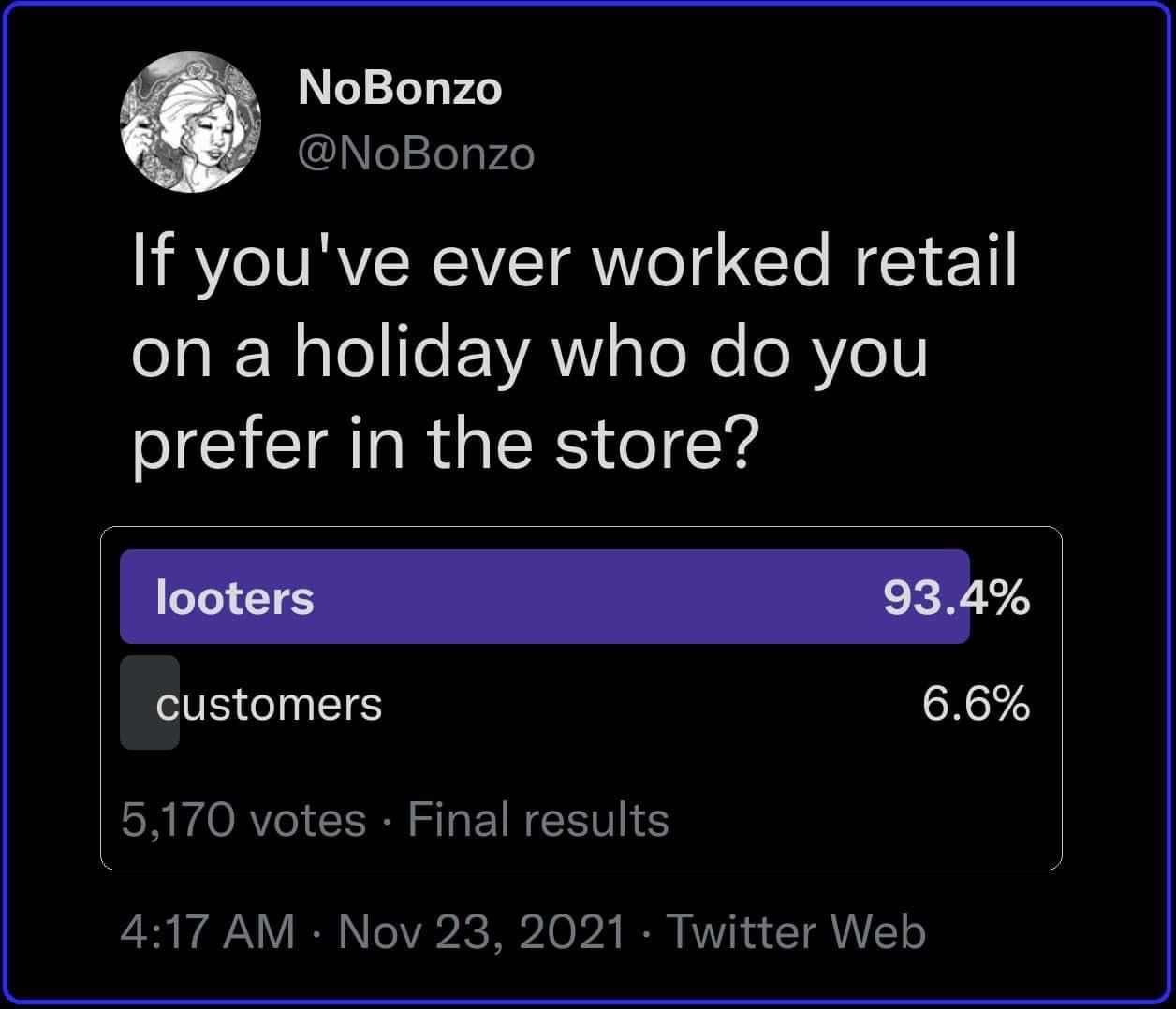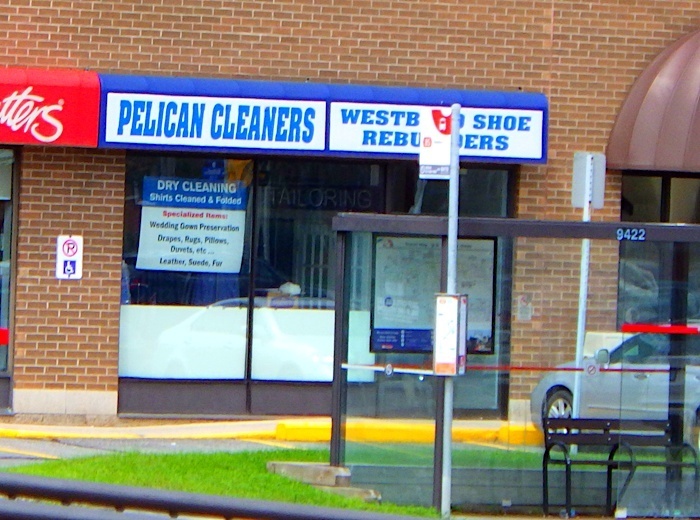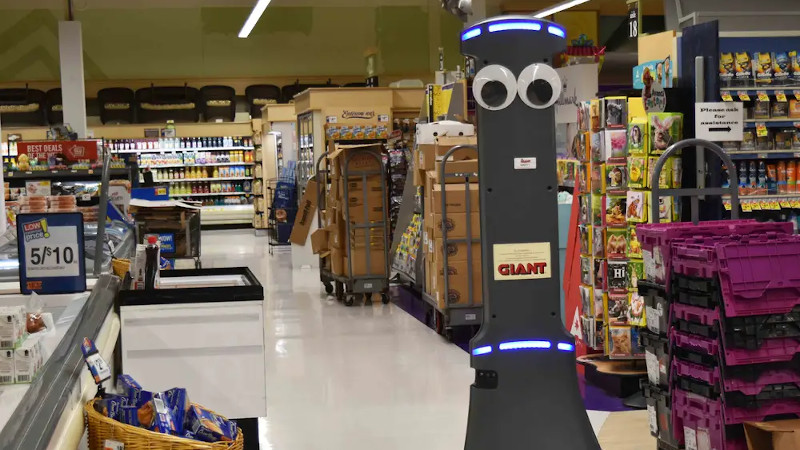What comes after retail's false 'organized crime' claim

Sensationalized videos of young people looting stores brought to life one of the biggest business stories of the year: the rise in retail crime.
Target (TGT), Home Depot (HD), and Dick's Sporting Goods (DKS) were among the big names who used their earnings calls to highlight the problem of “shrink,” the industry catch-all term for merchandise that goes missing without being paid for. Target even said it was closing nine stores due to retail theft.
Episodes of organized retail crime fueled a panic over brazen criminality. And the shocking clips on social media were grounded by the sober reality of startling statistics.
But it turns out a key claim at the heart of the retail crime story was wrong, turning the entire ordeal into a lesson for investors, media, and readers on the importance of raising an eyebrow when something sounds... off.
And, for the retail industry, one about crying wolf.
A prominent lobbying group, the National Retail Federation, recently retracted a widely cited estimate that “organized retail crime” accounted for “nearly half” of the $94.5 billion in total lost merchandise in 2021.
The NRF said the inaccurate statement was a mistaken inference. The group has since updated the report and in its latest findings does not offer an estimated loss amount that is specific to organized retail crime.
Neil Saunders, a retail analyst at GlobalData, said the flawed data underscores that there isn’t an objective and comprehensive source of retail crime information that is quantified or evidenced properly.
“It speaks to the fact that some of the narratives about crime are based on information that is not truthful,” he said.
NEW YORK CITY - SEPTEMBER 28: Products are locked behind glass as a person shops at a Target store in the Harlem neighborhood in Manhattan on September 28, 2023 in New York City. Citing “theft and organized retail crime,
Products are locked behind glass as a person shops at a Target store in the Harlem neighborhood in Manhattan on Sept. 28, 2023, in New York City. (Spencer Platt/Getty Images) (Spencer Platt via Getty Images)
Even at the height of the retail crime narrative, some experts rightfully cast skepticism on the claims of rampant theft. Without denying that shoplifting and orchestrated stealing were problems, they questioned how corporate execs, political leaders, and media outlets wielded those claims to advance their own agendas, whether that was to mask sinking profits, prop up a bogeyman, or fearmonger over what was portrayed as urban decay and American lawlessness.
Before this latest retraction, the retail theft saga was complicated by another high-profile backtrack.
Walgreens CFO James Kehoe admitted earlier this year that the pharmacy chain "cried too much" about theft during an earlier earnings call that helped foment a nationwide squall over shoplifting.
This isn’t to say that other business leaders spewed misinformation that they should now recant. But in light of the withdrawn claim, it’s unsettling to consider the impact of all the official statements and media coverage that were based at least in part on a gross exaggeration.
Of course, the NRF shouldn't be blamed for admitting the error. The correction will help set the record straight. Through it all, the group stands by its assertion that organized retail crime is a serious problem, which independent analysts with their own perspectives say is true, though the pervasiveness is much more modest.
But while faulty figures can be fixed, how do you retract an idea?
https://finance.yahoo.com/news/what-comes-after-retails-false-organized-crime-claim-110030437.html
#retail #organized #crime
















